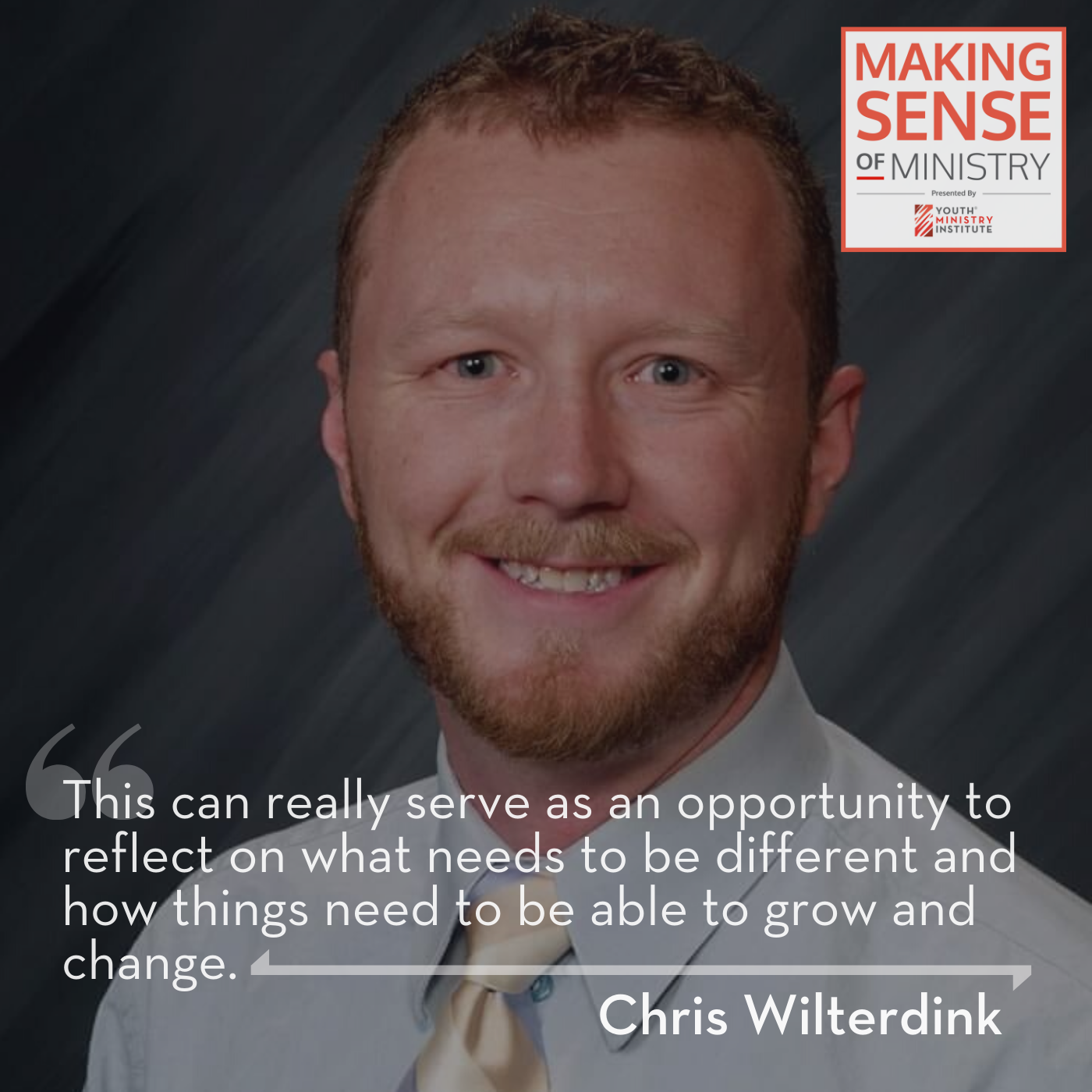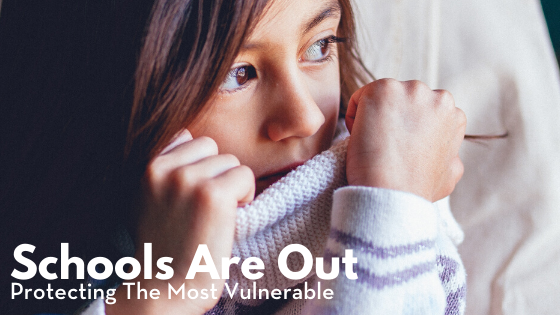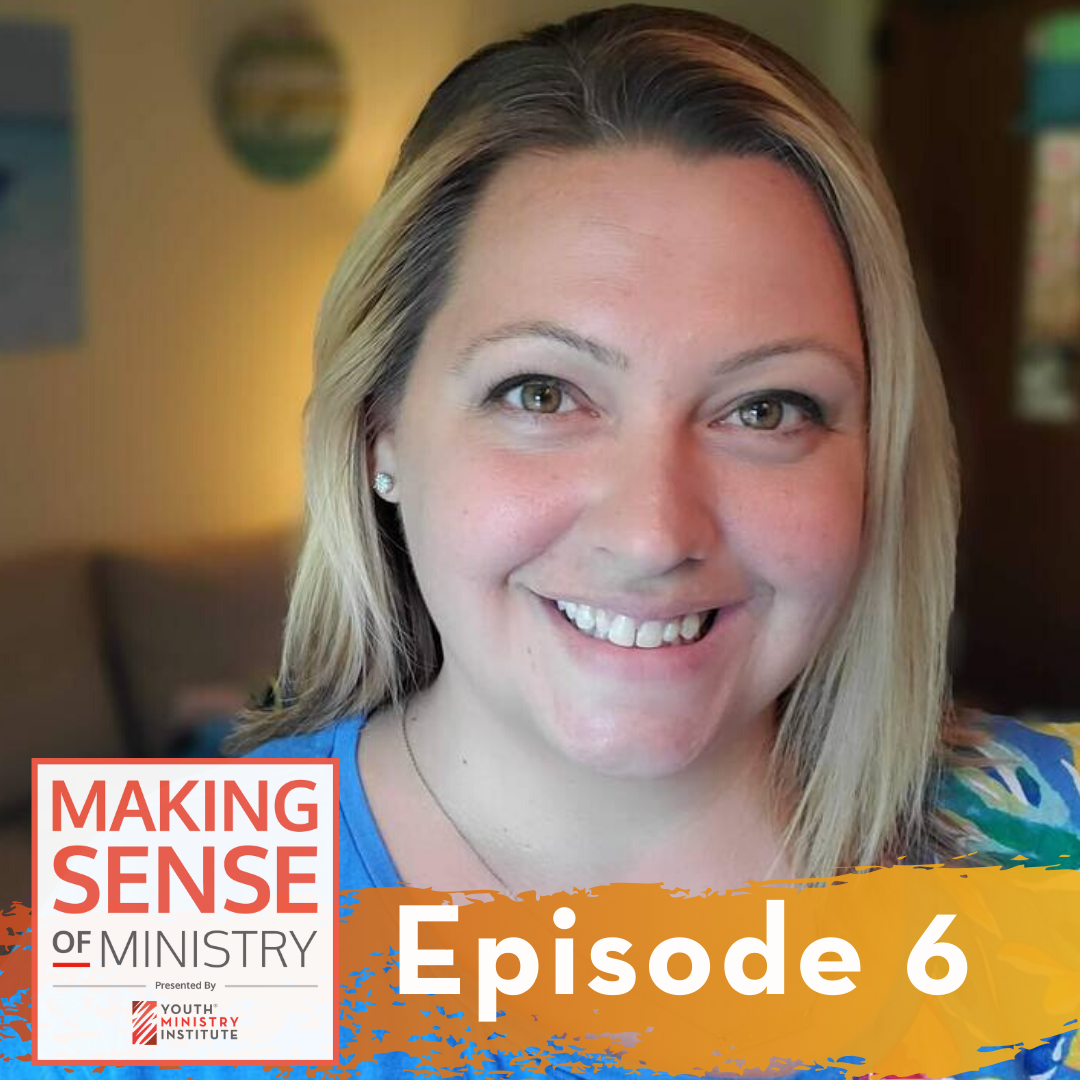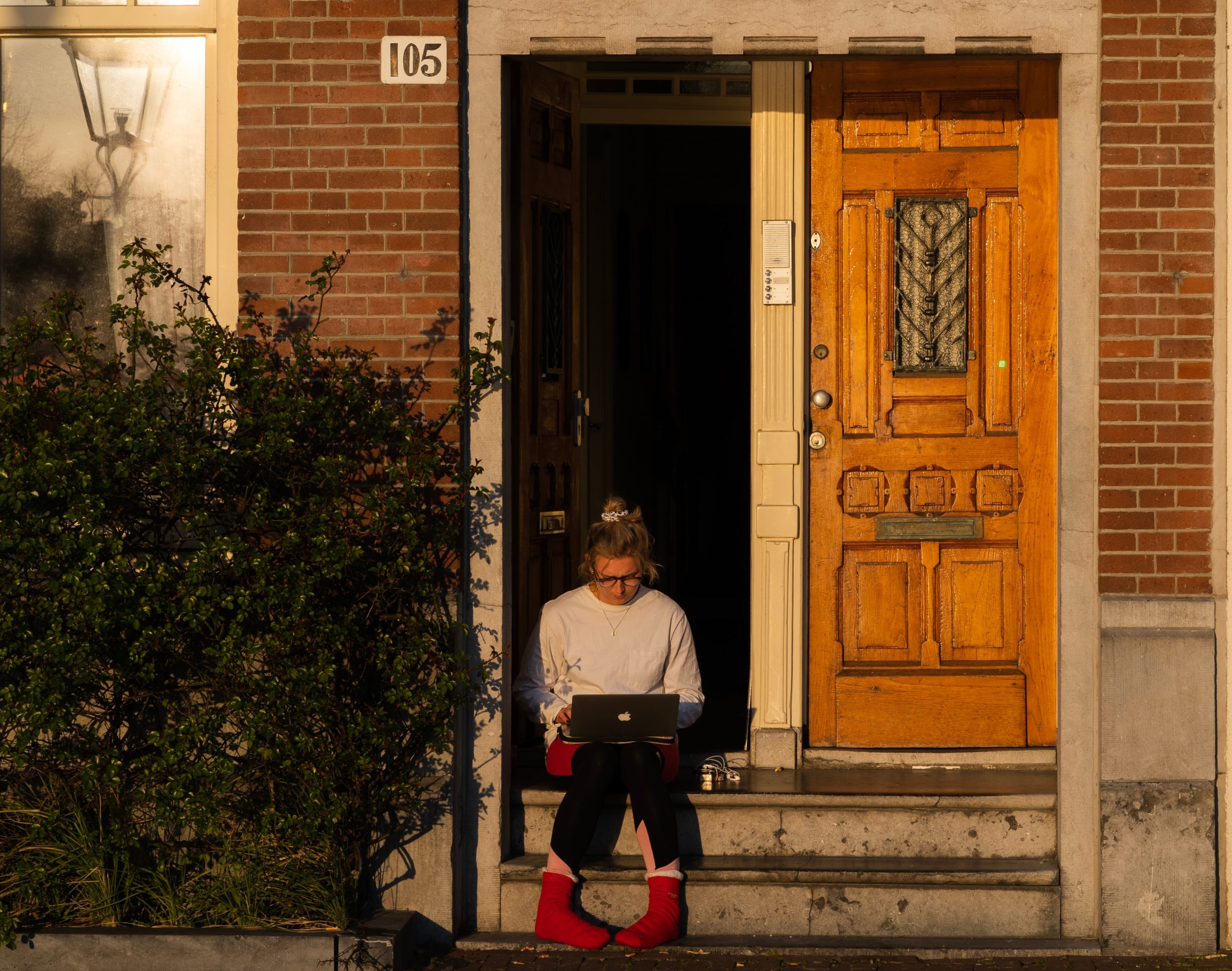In this episode, Chris Wilterdink from Young People’s Ministries shares his expertise in discipleship with us. He discusses a new insight into how our brains are wired for feedback, the importance of formative and safe spaces in our ministry, and what faith formation looks like now in crisis and virtual ministry. If you are involved in youth, […]
Author Archives: Brian Lawson
Schools Are Out: Protecting The Most Vulnerable
Whether schools are out for summer break, or as we are experiencing in this current situation where a pandemic has caused the untimely closure of schools, the consequences experienced by kids may be more than you would expect. The educational, health, and safety impact of school dismissal can be especially significant in some of the most vulnerable […]
Summer Of Opportunity
“Losing what we thought our summer would be, just sucks!” I said that to a student a few days ago and almost immediately regretted it. It’s true, the next few months are not going to look anything like we anticipated. No camps, no mission trips, and no fun with our students. With our world in […]
What About VBS?
VBS is a time-honored tradition in churches, and for many, is their single largest event of the year. VBS helps to bring unchurched families into our buildings and allows us to bring Jesus to children during their important formative years. So, what about VBS this year? What are we to do when we cannot bring […]
06: Kelly Minter on Trauma and Grief That We Are All Experiencing, and How To Help Students, Children and Families
In this episode, Kelly Minter, a therapist, 20-year youth ministry veteran, and author of our popular articles on grief joins us for a conversation around trauma and grief that Covid19 has caused everyone to experience. Your youth ministry, children’s ministry, and family ministry are impacted by grief, and this episode will help you navigate ministry during this […]
What If Students Are Struggling More Than The “Norm?”
In youth ministry, your mission is to promote the spiritual, emotional, mental, and physical well-being of all youth under your wing. And now, during a global pandemic, which has forced the world to shut down and become shut-in, and while your job may look 100% different than it did six weeks ago, your mission is […]
Grief In Times Of Trauma
In part one, Dealing With Grief, we discussed how we can understand grief. As we move into part two of dealing with grief, one question I often get from caregivers is “What do I do for people who are wallowing in their grief?” While I appreciate the question as it comes from a place of […]
05: Special Episode Part Two on Ministry During a Pandemic, How Do We Measure Success, and Should We Cancel Summer Camp or VBS
In part two of this two-part discussion, a team of YMI experts (Steve Schneeberger, Kirsten Knox, Annette Johnson, and Brian Lawson) get together to discuss how to measure success in this season, what to do when it feels a supervisor expects too much out of you, and should we cancel our summer camp and VBS. […]
Dealing With Grief
There is an emotion in the midst of everything I do these days. It is like a cloud, heavy and yet undefinable. It comes across like apathy sometimes, and other times it looks like anger. Or sarcasm. Sometimes it even looks like fear. Most people do not have words for what it means to them […]
04: Special Episode Part One on Social Distancing, Covid-19, and What Parents, Students, and Children Really Need
In part one of this two-part discussion, a team of YMI experts (Steve Schneeberger, Kirsten Knox, Annette Johnson, and Brian Lawson) get together to discuss the church’s early response to social distancing, the pitfall that we as leaders can fall into, and finally what parents, students, and children really need from us in this season. […]










